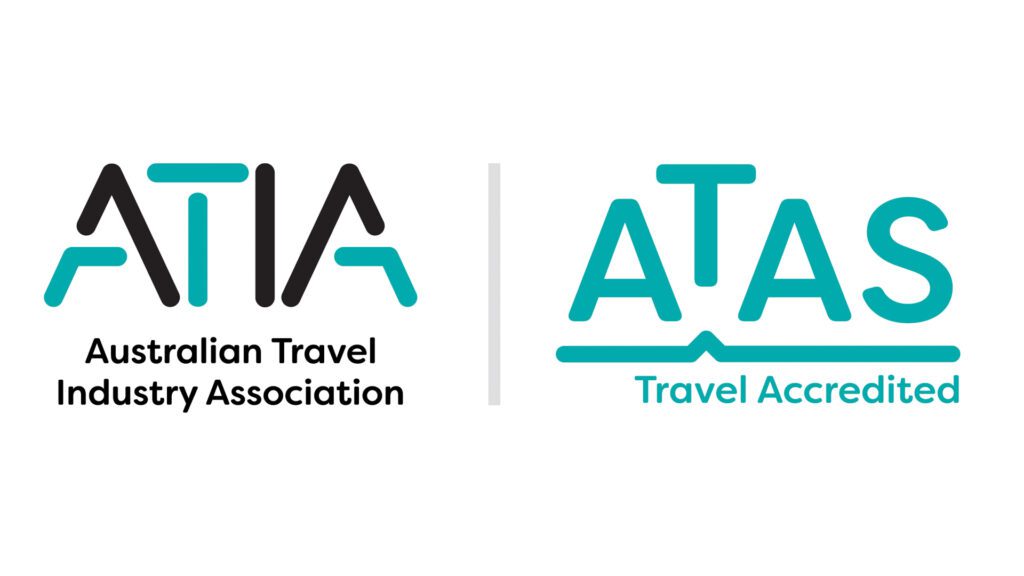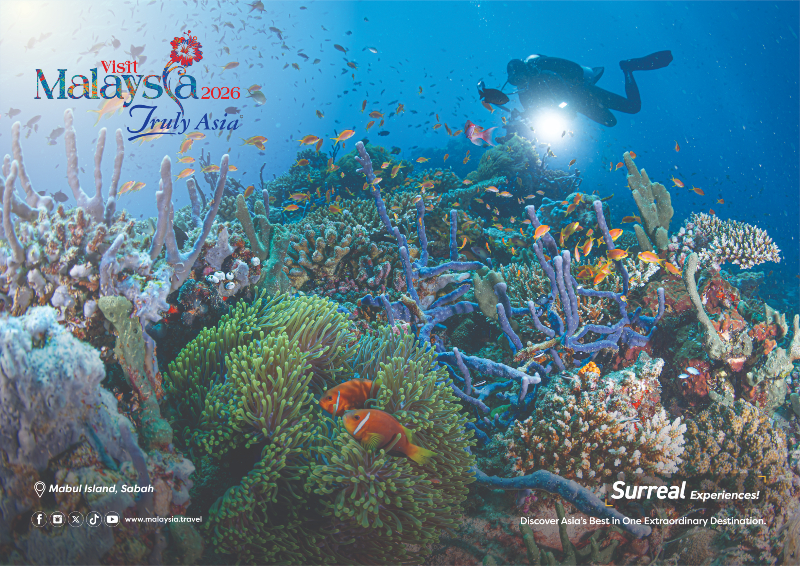The Australian Travel Industry Association (ATIA) is actively advocating for enhanced support for Traineeship incentives as part of its commitment to addressing ongoing skills and workforce shortages on behalf of members.
This advocacy is highlighted in ATIA’s recent submission to the Strategic Review of the Australian Apprenticeships Incentives System, where it calls for critical changes to support the training and retention of skilled workers within the sector.
The submission reveals concerning trends, including an over 80% decline in traineeship commencements during the COVID pandemic, severely limiting the pipeline of skilled workers. Despite some recovery in 2022, enrolments in travel-related courses remained low, with only 1,090 enrolments in Certificate III in Travel and 650 in Certificate IV in Travel and Tourism, indicating a significant need for sustained support.
Additionally, the demand for air travel is expected to double by 2040, growing at an annual rate of 3.4%. In the cruise sector, total passenger capacity in Australia is projected to increase by 42% in 2024, reflecting strong interest from both international tourists and Australians. These statistics underscore the critical need for a skilled workforce to support this anticipated growth.
“Addressing the acute shortage of skilled professionals in the travel industry through robust and responsive training initiatives is imperative. Our proposal to maintain and enhance traineeship incentives is a critical step towards ensuring that travel businesses can access and nurture the talent they need to thrive in a competitive global market, ATIA Director Of Public Policy And Advocacy Ingrid Fraser, said.
“ATIA’s recommendations include postponing planned reductions in traineeship incentives and ensuring a long-term commitment to funding to allow sufficient time for the benefits for flow through. These measures aim to make traineeships more attractive and feasible for businesses, particularly small and medium-sized enterprises that form the backbone of the industry.”
“By strengthening our commitment to traineeships, we are not only supporting the current workforce but also paving the way for future generations of travel professionals. This strategic focus is essential for the sustained growth and success of the travel industry.”









